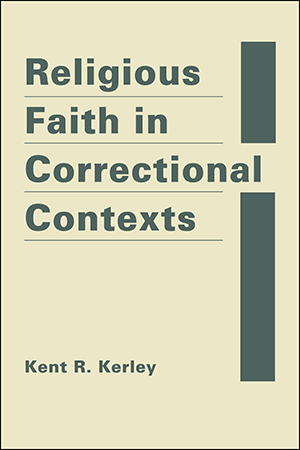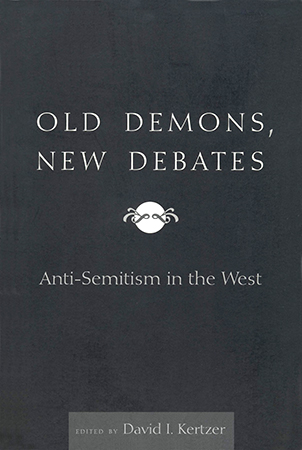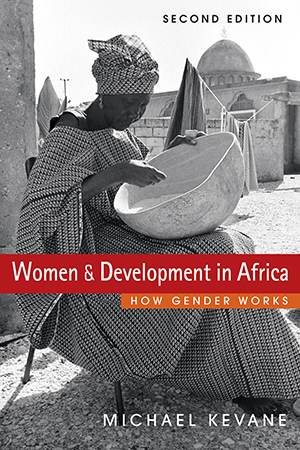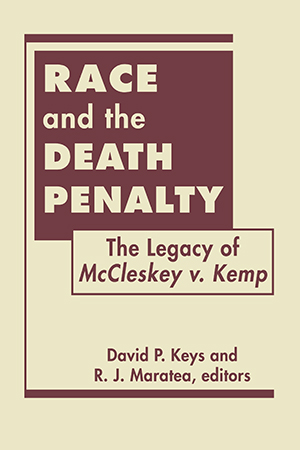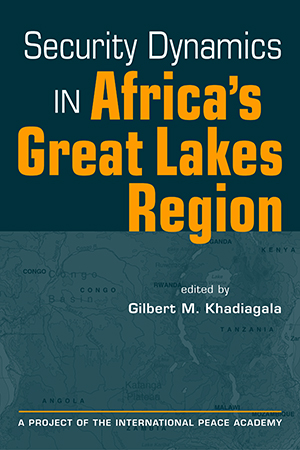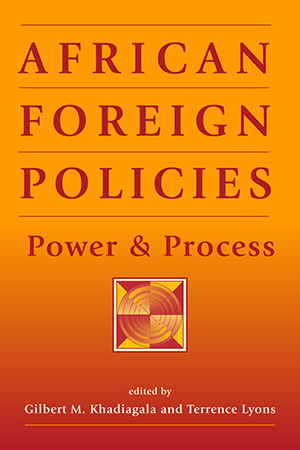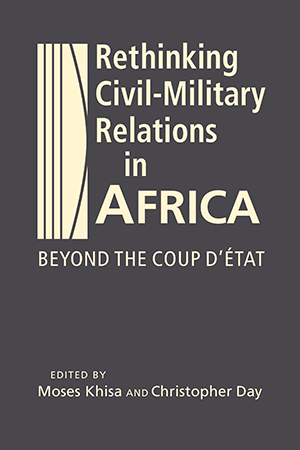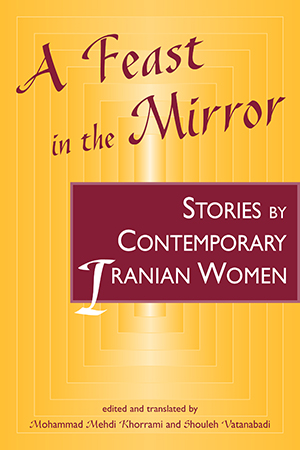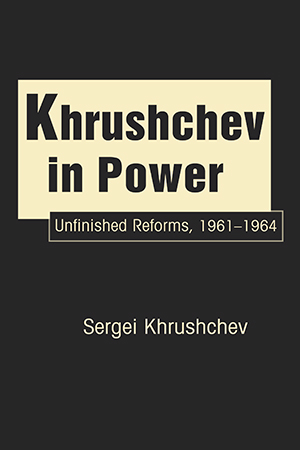BOOKS
Within two decades—if not sooner—at least one in three prisoners in the US will be a "senior citizen." Our prisons, however, were designed for a much younger More >
Kent Kerley explores the issue of religion in prison, offering a rich portrait of religious practices and their impacts. Kerley shows how offenders of all stripes use faith to adapt and More >
National Jewish Book Awards Finalist! Old Demons, New Debates offers a provocative new view of the recent upsurge of anti-Semitism in the West. The authors show how today's More >
This new edition of Women and Development in Africa incorporates the results of more than a decade of new empirical and theoretical research. Michael Kevane provides a broad overview of the More >
In what has been called the Dred Scott decision of our times, the US Supreme Court found in McCleskey v. Kemp that evidence of overwhelming racial disparities in the capital punishment More >
The site of genocide in Rwanda, recurrent cycles of communal massacre, deepening poverty, state fragmentation, and massive displacement of civilians, is Africa's Great Lakes region More >
This comprehensive treatment of the interplay between domestic and international politics analyzes efforts by African states to manage their external relations amid seismic shifts in the More >
Though Africa historically has been the site of countless military coups d’état, civil-military relations across the continent have changed dramatically in recent years. What do More >
In the present golden era of Iranian fiction, women writers—contrary to what many in the West perceive—are making a powerful contribution to the literary scene. Reflecting this, More >
A full reckoning of Nikita Khrushchev's accomplishments and failures cannot be complete without looking beyond his foreign policy initiatives to assess his efforts to introduce domestic More >




